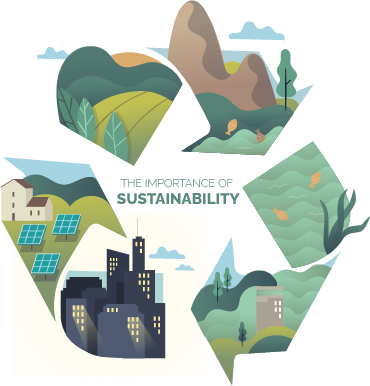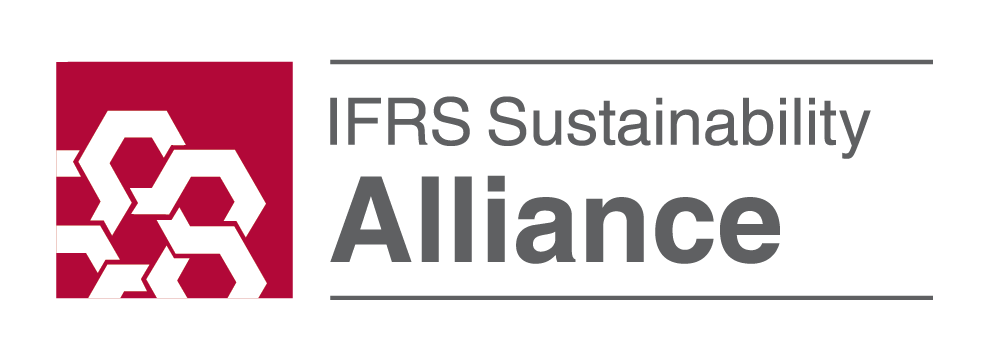I am perplexed by the fuss about integrated reporting. It seems obvious that a company ought to effectively measure and communicate aspects of its business that matter to key stakeholders, and to do it in a cohesive manner.
Why it wasn’t done well in the first place is a discussion for another time and place, but here we are in 2012 knowing what’s at stake if we don’t take into account the impact we have on current and future generations’ ability to thrive. Surely we are ready to move beyond isolated accounts of corporate citizenry and to undertake reporting in a way that more thoroughly demonstrates integrity (financially, socially and environmentally)? Why is the progression towards integrated reporting slow and complicated if the need is glaring and simple?
To ease my perplexity, I turned to my friend and colleague in the reporting trenches, Leah Haygood of BuzzWord, to explore the development of integrated reporting, to see just how attainable it is, and what it will take to become mainstream, like annual reporting is today.
Lorraine Smith: Leah, we know integrated reporting matters more to reporters these days. We see an uptick in activity among our clients, including several participating in the International Integrated Reporting Committee (IIRC) Pilot Programme. More broadly, integration is a growing element of the reporting strategy conversations that SustainAbility has with companies. So why do you think it’s so challenging for companies to implement?






